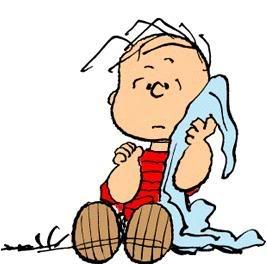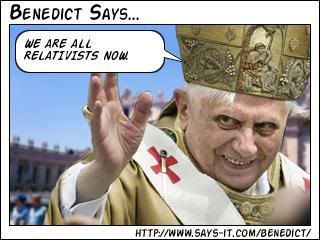The Blanket of Faith?
Chris from A Churchless Faith has a great post wherein he reflects upon the debate between atheism and theism (and his own fatigue with it).
Most people don't have a problem with people who believe that aliens landed in area 51 or that the moon landing was staged because it doesn't actually impact on the way they treat other people. The big problems with religious people, as I see it, is when religious people do evil things because they believe it is what God wants. That evil stretches the spectrum from genocide to indoctrinating children in their own faith with out giving them a choice about it or denying the rights of scientists to do science.Quite. The atheism vs. theism debate can be enlightening philosophically, but I think the struggle between critical and magical thinking is more pressing, and the struggle between theocracy and democracy more urgent still.
I did wonder about this passage, however:
I also think it is worth Xns conceding that science has more to say to faith than faith has to say to science. Faith is about a general whole of life perspective, science is about specific measurable things. Faith is like a big blanket and Science is like a knife, hitting only specific areas of the blanket. It may cut a hole in the creationism part of the blanket, but the blanket is still there, it may cut so many holes that many people consider the blanket is no longer a blanket.This seems to me to be a rather unfortunate metaphor. If faith is like a big blanket, what purpose is the blanket supposed to serve? Is it a security blanket?
Speaking of theocracy versus democracy, Wednesday's Religion Report ran a show (which I haven't listened to yet) on "Australia's Christian Vote," featuring Jim Wallace of the Australian Christian Lobby, Fred Nile of the Christian Democrats, and Christine Milne of the Australian Greens. And this Sunday, The Spirit of Things will feature Ian Bryce, Senate candidate for the Secular Party, who will join a discussion on the societal benefits of secularism.


















|